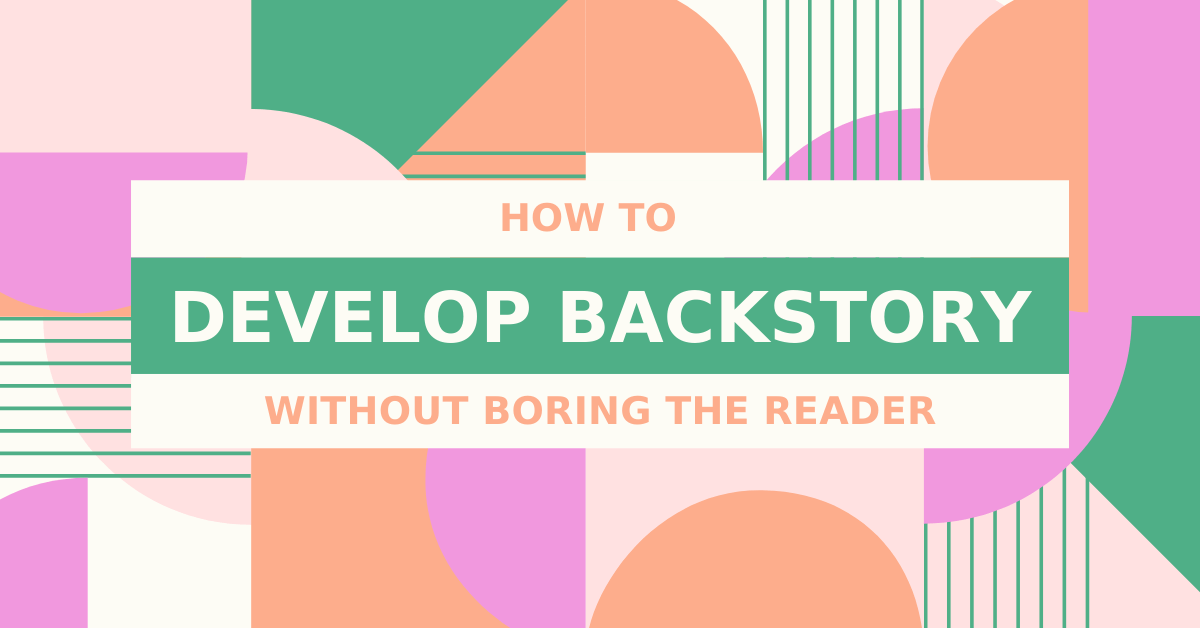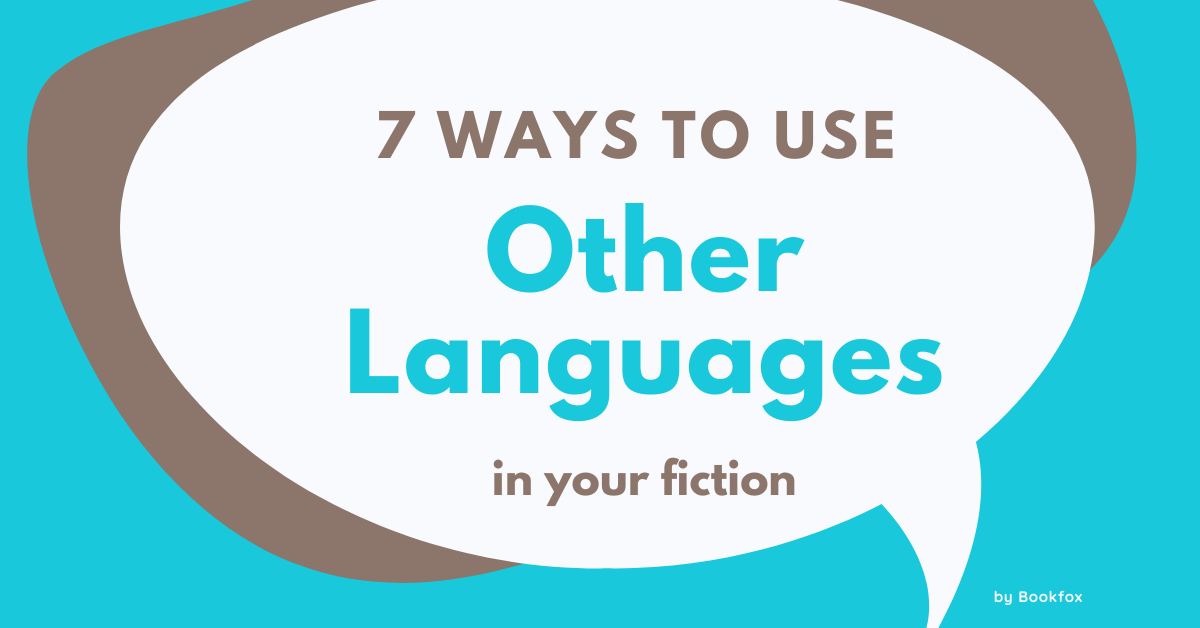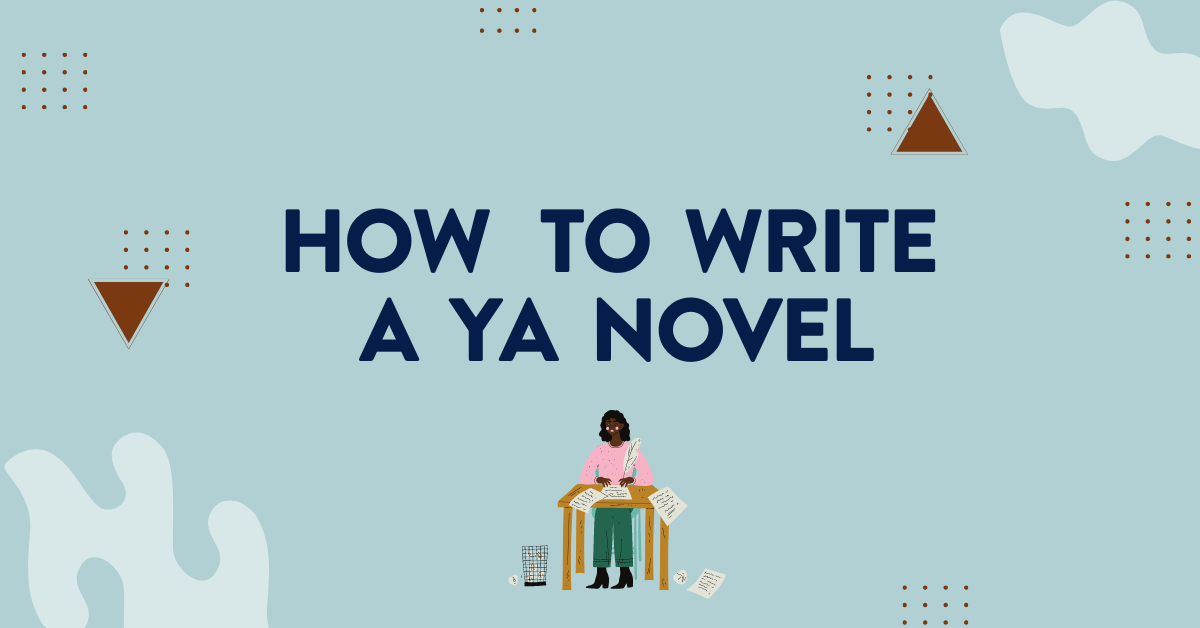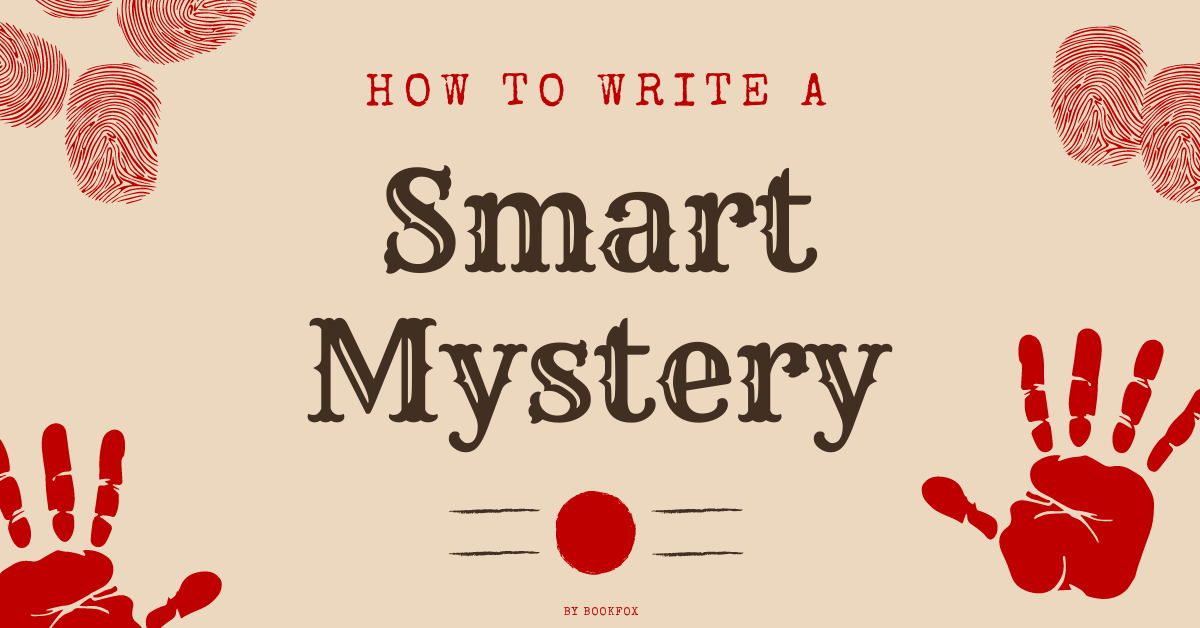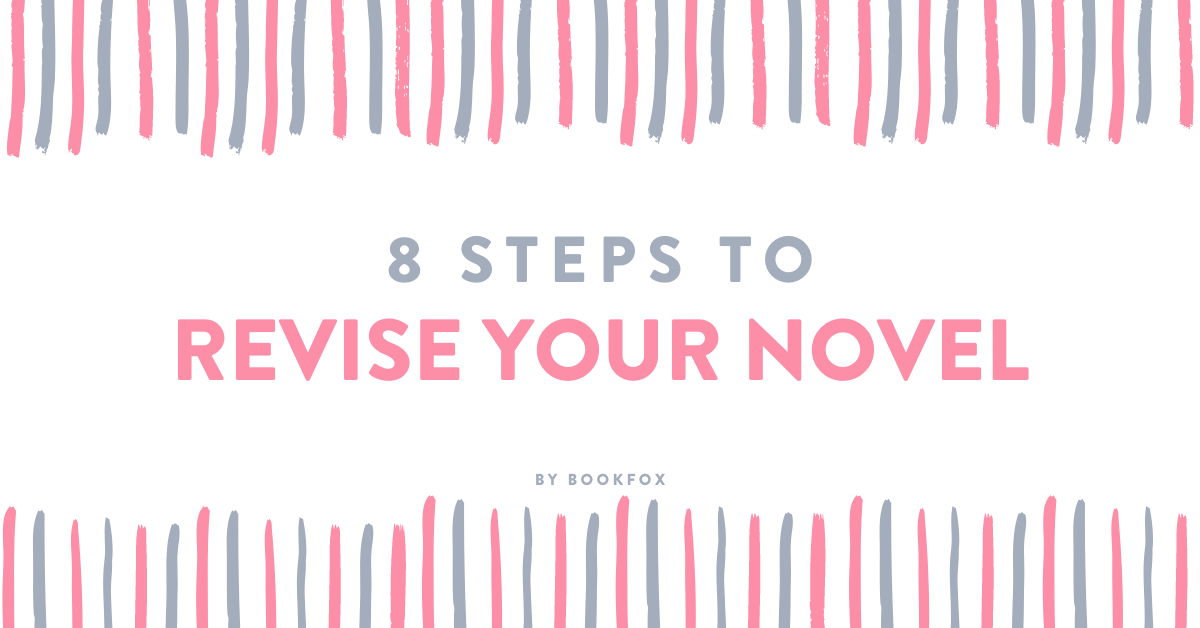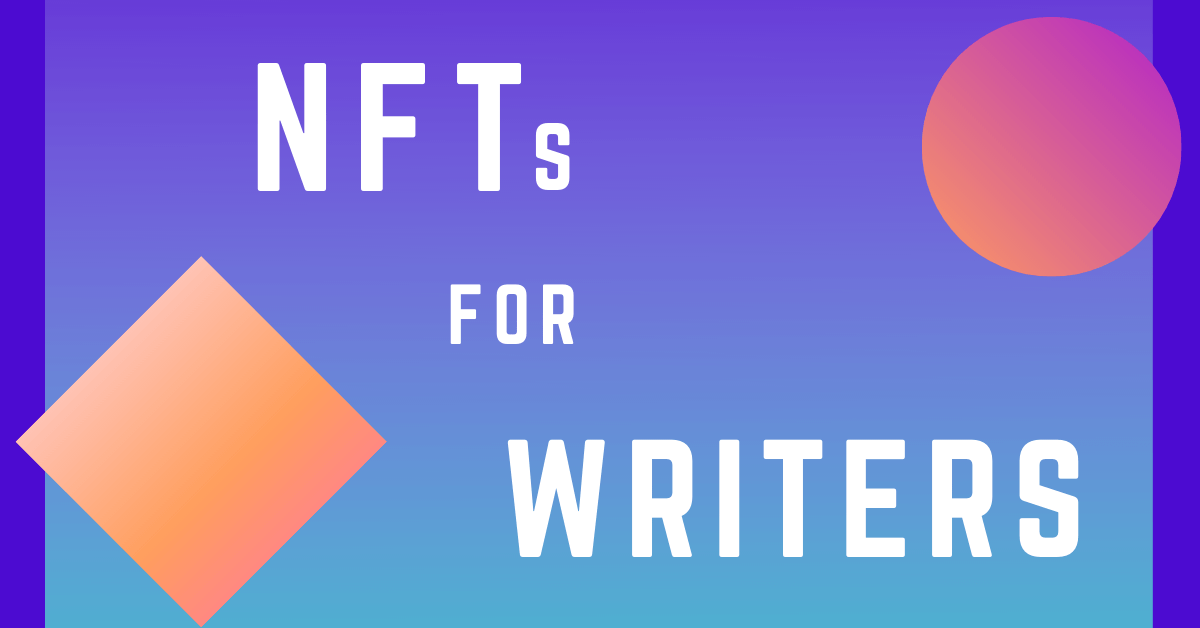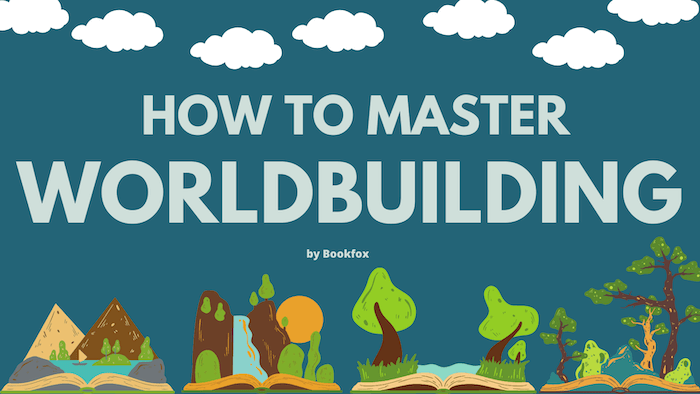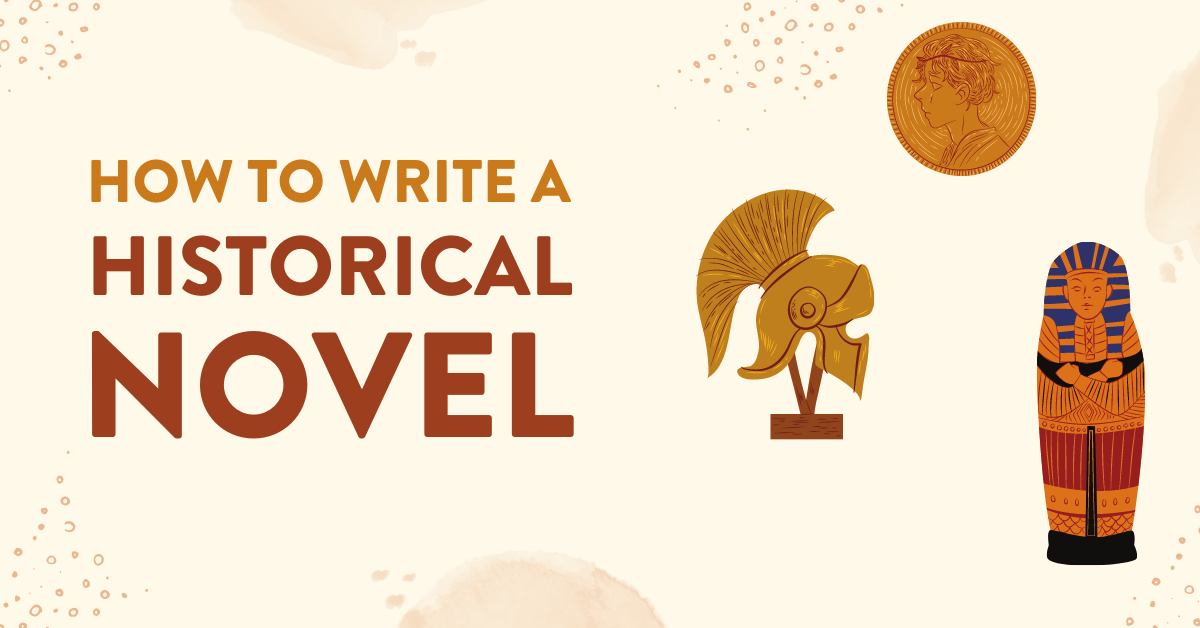I often find action movies boring because I have the same criticism every time: More backstory. I want heroes and heroines and villainesses with complicated motives that are tied to experiences from their pasts. Without backstory, characters become puppets, their actions serving only the advancement of the plot and not their own growth and […]
The Blog
- All posts
- All Popular Posts
- Characters
- Children's Books
- Dialogue
- Editing
- Endings
- Literary Agents
- Marketing
- Novels
- Plot
- Point of View
- Publishers
- Short Stories
- Writing Techniques
- Writing Wisdom
- How to Develop Backstory (Without Boring Your Reader)

- 100+ Query Letter Examples (That Got Authors an Agent)

In preparation for this post, I read query letters until my brain went numb. I looked for the letters marked “successful” — those that garnered agent’s attention. After days of reading, certain constants emerged. A successful query often includes a combo of: A strong voice Suspense Delightful characters References (to known authors or one’s own […]
- 7 Ways to Use Foreign Languages in Your Fiction

One of the greatest strengths of novels is their ability to include the voices of a wide cast of characters. However, if these characters speak different languages from the one you are writing in, you end up with a dilemma: How do you handle other languages within your fiction? When writing multi-lingual scenes, you have […]
- 5 Steps to Write a Young Adult Novel

Young Adult novels, or YA, has been spiking in popularity. According to Publisher’s Weekly, sales of Young Adult novels rose by 18.6% between 2020 and 2021 despite the pandemic. In addition to being an incredibly fun and innovative genre to write in, YA books can be easier to publish. Once published, they can be more […]
- 7 Steps to Writing a Smart Mystery

Mystery fiction is a plot-driven genre. Because of this, both plot and character must be handled differently in mysteries than in literary fiction. This does not mean that character—or any other element of fiction—can be neglected in a mystery story. Nor does it mean that a formulaic plot is enough to “drive” a mystery story. […]
- 8 Steps to Revise Your Novel (Without Losing its Essence)

Revision is painful. When I sit down to revise, I find I would rather be doing anything else: scrubbing the toilet, doing taxes, scooping my own eyeballs out with a spoon — whatever. Anything to avoid the act of revisiting the first draft. I dread revision because it’s an overwhelming process. There’s so much to […]
- 9 Ways Writers Can Use NFTs

What are NFTs? NFTs are digital collectibles. If you remember collecting baseball cards when you were a kid, an NFT is a digital version of that card. You can also have art NFTs, video NFTs, music NFTs, and, of course, book NFTs. It’s just a digital file with the ownership recorded in the blockchain. NFTs […]
- How to Master Worldbuilding: A Guide to Science Fiction and Fantasy

From Lord of the Rings to Star Wars, across sci-fi and fantasy, good worldbuilding is what makes genre fiction stand out. Well-constructed worlds are legendary—they capture audience’s imaginations, and they make readers want to live in the story forever. What would Terry Pratchett’s Discworld series be without the Discworld itself? What would The Wizard of […]
- 7 Steps to Write Engaging Historical Fiction

While science fiction is often set in the future, historical fiction is set in the distant past. Just like sci-fi, historical fiction authors must develop genre-specific techniques to create stories set in a different time period. In this post you’ll learn how to research historical fiction, create believable characters, create authentic settings, and avoid common […]
